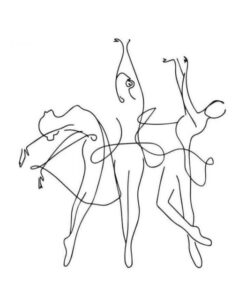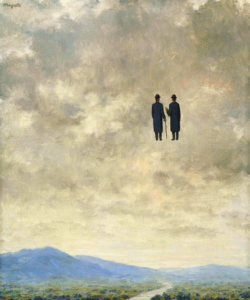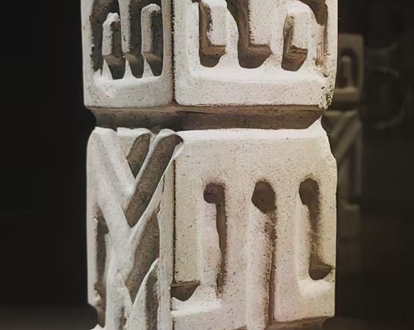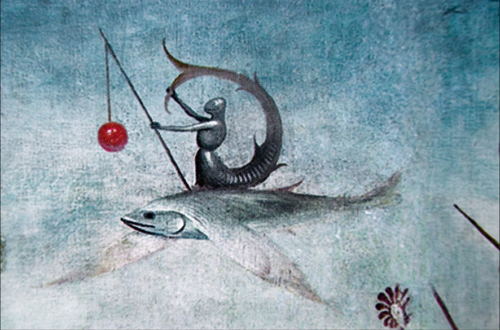Relational and Social Constructionist Consortium of Ecuador (IRYSE)
Diego Tapia Figueroa, Ph.D. and Maritza Crespo Balderrama, M.A.

The Meaning of Asking
We converse through questions. The transformative dialogue called therapy relates to this capacity (creative power) to generate new questions -questions born of curiosity and respect- for the joint construction of new meanings. From trust in dialogue, the dialogic process, and relationships, we understand that we are what we create through what we say.
To engage in dialogue, openness to otherness and diversity is essential. This ability to foster authentic dialogic processes mobilizes, through complexity, unprecedented resources that create meaningful connections.
We act with the awareness that if we are intelligent beings, we will not choose to live foolishly. We will decide to be consistent, to stop postponing or capitulating, to assert ourselves as subjects of rights—rights that are not begged for but exercised.
Reflective conversations and dialogues with genuine respect and authentic curiosity not only bring forth valuable, useful, and contributory learning but also engage us in bonds and connections. These bonds allow us to be with others and begin imagining ourselves as we would like—different, perhaps, but better.
We increasingly realize that living means participating in a dialogue that is constantly under construction. We carry out this dialogue with both words and our bodies. It is a complex process, one in which we are amazed by languages that, as they are created, create us. Valuing and respecting language -especially the words of others- is paramount. A dialogic relationship is an act between consciences that, touched by words, inaugurates connection, intimacy, and transformative vulnerability.
The premise of dialogue is to listen deeply -without interruptions, without the foolish armor of prejudices, clichés, stereotypes, or dogmas about what “should be.” Dialogue should not be guided by the domesticating ideology of teaching others how to live. Instead, we ask questions to understand- not to invade intimacies, standardize differences, or diminish dissent. We recognize that all understanding is inherently dialogical.

Dialogue with Intelligence, Kindness, and a Sense of the Future
Dialogue involves questioning with intelligence, kindness, and a sense of the future. We do not converse to be complacent or to seek religious or ideological alibis. Instead, we converse to reflect critically and self-critically.
When radical dialogues are carried out with presence and relational ethics, relational processes and contexts are transformed—and so are we, within and through them. Each dialogue feels like the first time, filled with wonder and awareness. We truly begin to exist when we embrace uncertainty and complexity.
We engage in dialogue as interlocutors, recognizing others as equals—not as slaves or masters. The brevity of human existence and the vulnerability of human complexity invite us to co-create new meanings, purposes, and horizons.
By committing to our place and creating a space through dialogue for others to occupy theirs, we exercise both responsibility and freedom. This practice inaugurates languages that build realities. The passion for dialogue grounds us; it connects us through silence and expresses humanizing words that shape relationships and experiences.
Weaving Contexts That Allow Understanding
Dialogue weaves a textual context that enables us to read the other, to understand and accept otherness. This acceptance legitimizes diversity and fosters transformative interactions.
The importance of asking questions responsibly lies in their capacity to generate possibilities for unprecedented futures. Asking facilitates new ways of listening, dialoguing, responding, reflecting, and creating shared meanings.
Being responsible means responding—it means always providing an answer. It reflects the desire to be productive in understanding, listening, and seeing differently, to comprehend mystery and subjectivity in novel ways. Through conversation, we strive to decolonize subjectivities, liberate desires from oppressive routines, and embrace gratitude and generosity.
In this dance of senses and meanings in constant metamorphosis, art, literature, and cinema show us who we are and who we could be. They preserve memory, nurture dreams, and open possibilities. Art is a celebration of life—of love, joy, enthusiasm, hope, and happiness.
Dialogue actively transforms us when it fosters intimacy by connecting with our and others’ vulnerabilities. It is about accepting differences, embracing diversity, and allowing dialogue to make us subjects. Dialogue creates contexts that enable us to grasp the new with confidence, continually understanding ourselves through the words of others.
This relational and social participation empowers us to generate cultural processes that combine words, actions, and poetic-political expressions. These processes help us develop the fullness of being with others. From relational ethics, we contribute, invite, and engage in dialogue by asking about the unique details of stories while welcoming what is to come.

English translation by Bruno Tapia Naranjo.



